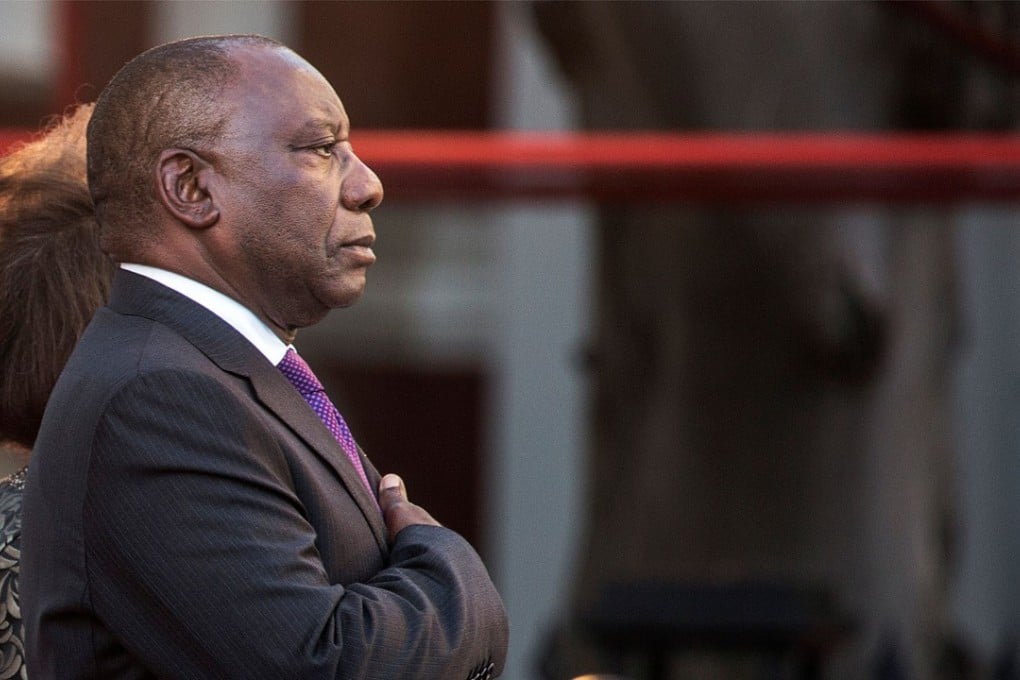South Africa’s new president Cyril Ramaphosa vows to target graft and boost jobs in ‘new dawn’
In his first major speech after Zuma’s bruising nine-year term ended, Ramaphosa outlined a grand vision for South Africa

South Africa’s newly appointed president, Cyril Ramaphosa, hailed “a new dawn” on Friday as he pledged to tackle the corruption that his predecessor Jacob Zuma is accused of fostering.
In his first major speech after Zuma’s bruising nine-year term ended, Ramaphosa outlined a grand vision to revive the stagnant economy, address dire unemployment and control spiralling government debt.
“We should put all the negativity that has dogged our country behind us because a new dawn is upon us and a wonderful dawn has arrived,” Ramaphosa told parliament in the annual State of the Nation address
Ramaphosa elected as South Africa’s new leader, but it’s a hard road ahead
“Tough decisions have to be made to close our fiscal gap, stabilise our debt and restore our state-owned enterprises to health,” he said, adding “our most grave and most pressing challenge is youth unemployment.”

In his first full day in office, Ramaphosa won loud applause and cheers from many ANC lawmakers who were fiercely loyal to Zuma throughout his turbulent and often divisive presidency.
Zuma was forced to resign on Wednesday after the ruling African National Congress (ANC) party turned against him, with pro-business reformist Ramaphosa sworn in as president on Thursday.